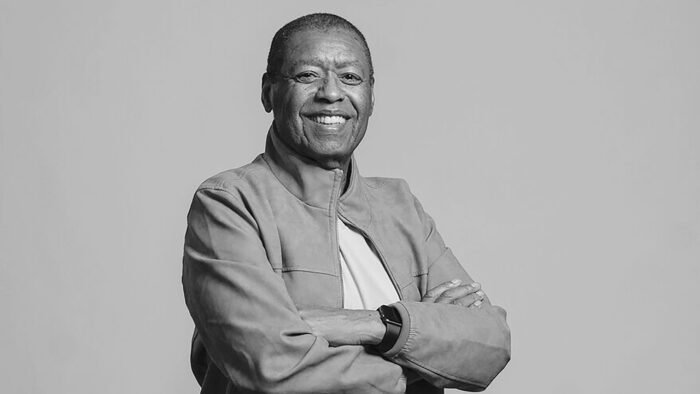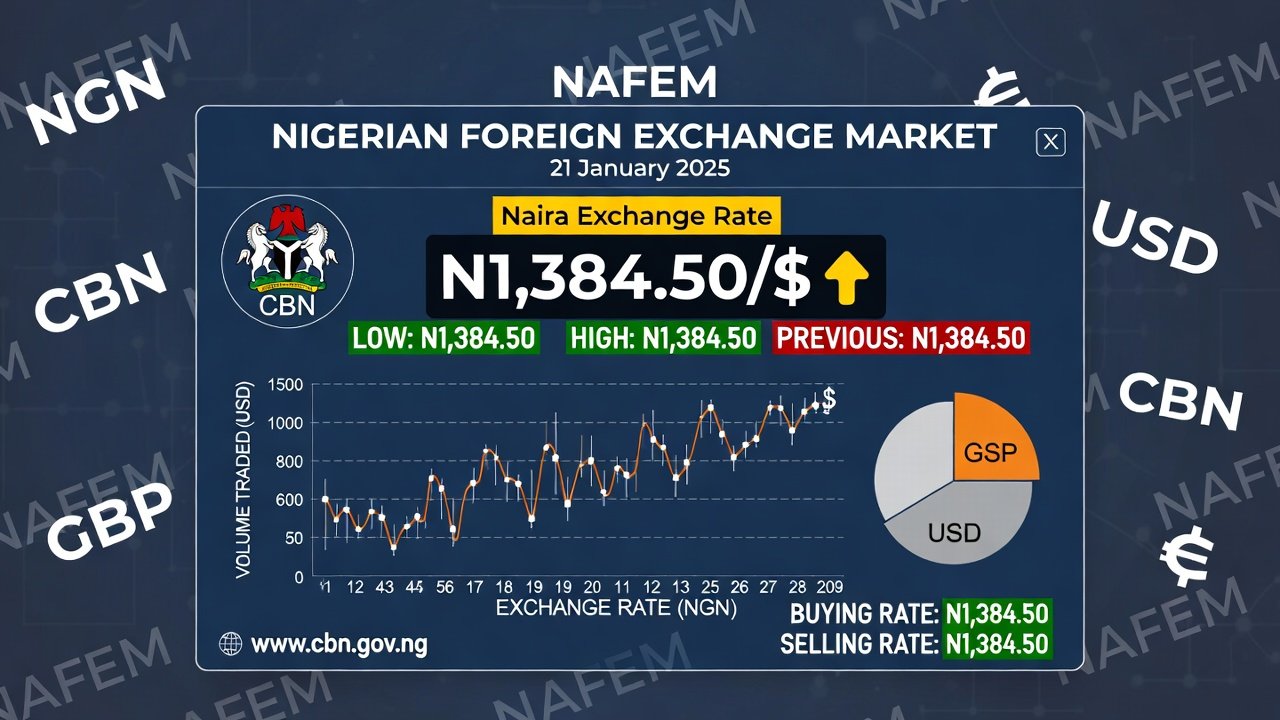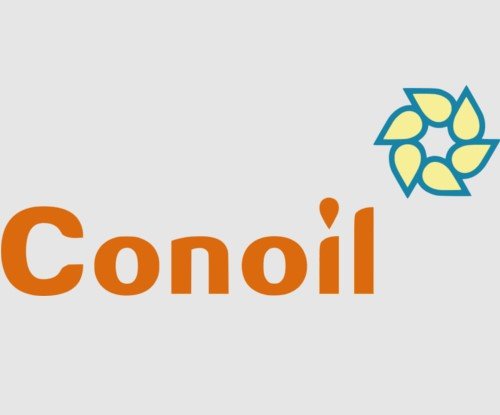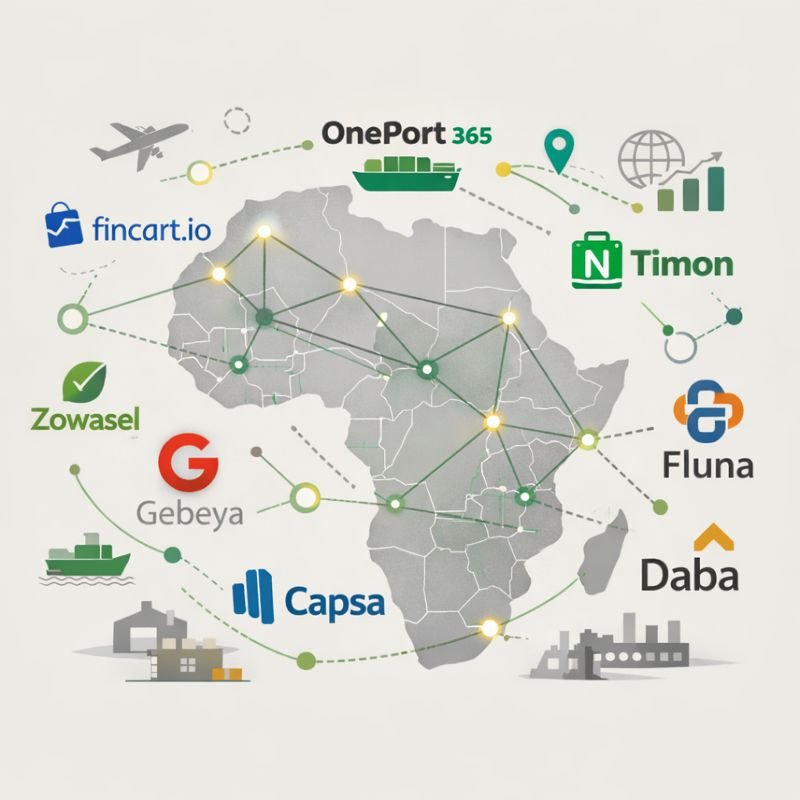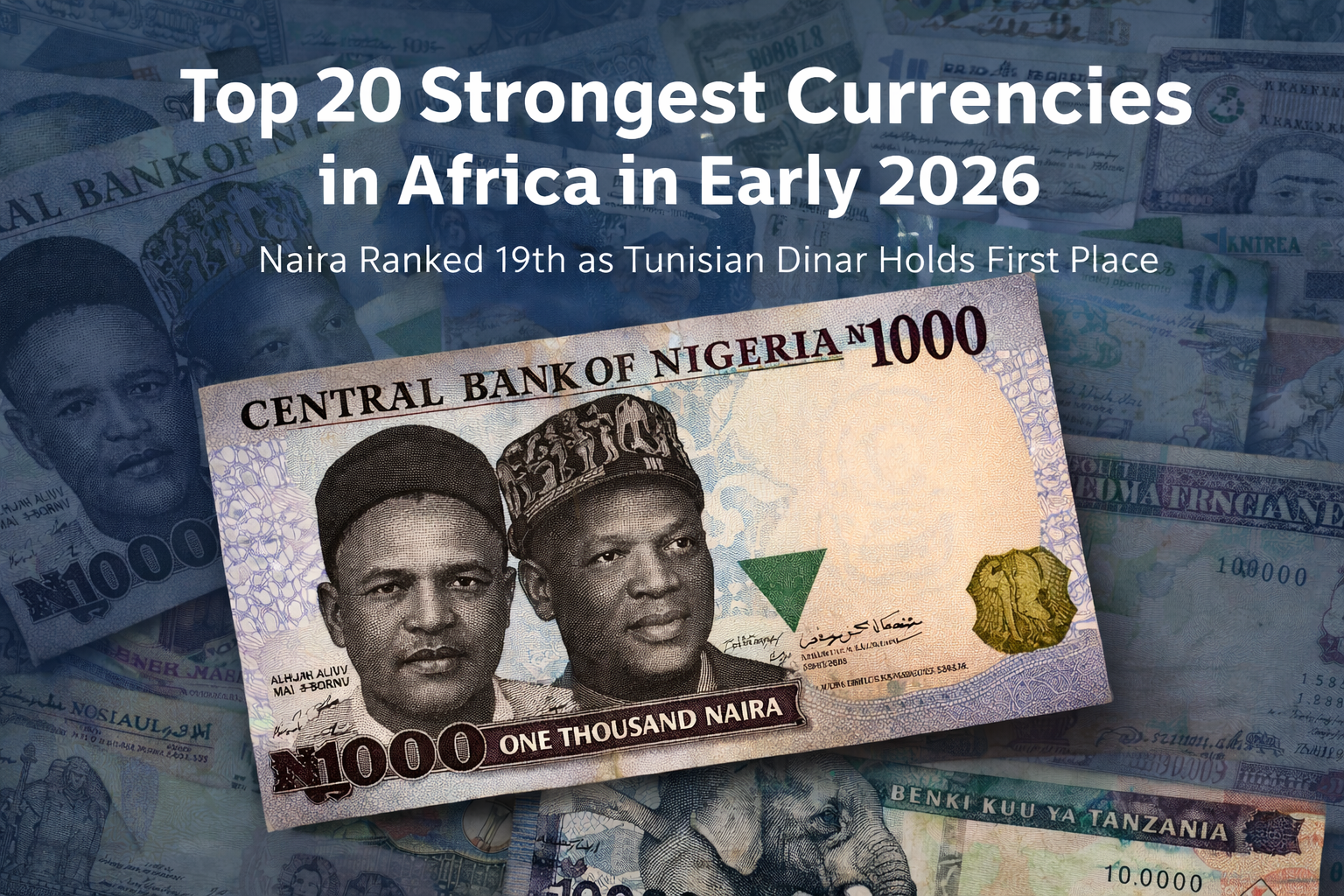The Central Bank of Nigeria (CBN) released its July 2025 Inflation Expectations Survey Report, providing critical insights into how Nigerians view current and future inflation trends.
The report, prepared by the Statistics Department within the Economic Policy Directorate, draws from a comprehensive survey of 1,900 firms and 1,665 households to gauge inflation perceptions and expectations.
The survey highlights a notable decline in the proportion of respondents perceiving high inflation, signaling potential shifts in Nigeria’s economic outlook. By analyzing responses across various demographics, the report offers a nuanced understanding of inflation drivers and future expectations in the Nigerian economy.
Current Inflation Perceptions in Nigeria
In July 2025, 66.2% of overall respondents perceived Nigeria’s inflation rate as high, a decrease from 71.0% in June 2025. This shift was primarily driven by households, where the high perception dropped to 63.4% from 69.5%.
Businesses reported a high inflation perception of 70.5% in July, slightly down from 72.3% the previous month. Moderate perceptions stood at 24.9% overall, with low perceptions at 8.9%, indicating a gradual easing in inflation concerns among Nigerians.
Inflation Views by Business Size
Small businesses in Nigeria showed the least perception of high inflation at 65.0%, with 25.9% viewing it as moderate and 9.1% as low. In contrast, large businesses had the highest perception at 82.1% high, 17.9% moderate, and 0% low.
Medium businesses perceived high inflation at 71.3%, moderate at 24.5%, and low at 4.3%. Micro businesses reported 74.1% high, 17.6% moderate, and 8.3% low, revealing how business size influences inflation sensitivity in the Nigerian market.
Residential Differences in Inflation Perception
Rural respondents in Nigeria expressed a lower high inflation perception at 60.0%, compared to 65.1% among urban dwellers. Moderate views were similar, with rural at 25.8% and urban at 26.7%, while low perceptions were higher in rural areas at 14.2% versus 8.2% urban.
This disparity suggests that location plays a key role in how inflation impacts daily life in Nigeria. Rural areas may experience different economic pressures, contributing to varied inflation expectations across settlement types.
Income-Based Inflation Perspectives
Households earning above N200,000 monthly had a balanced view, with 45.2% perceiving high inflation, 45.2% moderate, and 9.7% low. Those in the N150,001 to N200,000 bracket saw 58.5% high, 30.2% moderate, and 11.3% low.
Mid-income groups (N100,001 to N150,000) reported 72.7% high, 20.0% moderate, and 7.3% low perceptions. Lower earners (N30,001 to N100,000) had 66.2% high, 24.2% moderate, 9.6% low, while those below N30,000 showed 40.3% high, 35.2% moderate, and 15.5% low, highlighting income’s influence on inflation perception in Nigeria.
Key Drivers Fueling Inflation in Nigeria
Energy costs topped the list of inflation drivers for both firms (91.5% score, rank 1) and households (83.2%, rank 1) in July 2025. Exchange rate fluctuations ranked second for firms (87.6%, rank 2) and third for households (78.2%, rank 3).
Transportation was a major concern, ranking third for firms (86.6%, rank 3) and second for households (80.7%, rank 2). Interest rates scored 85.8% (rank 4) for firms and 76.2% (rank 4) for households, while insecurity ranked fifth for firms (85.1%) and sixth for households (73.2%).
Raw materials input was more significant for firms (79.4%, rank 6) than households (75.0%, rank 5). Infrastructural challenges, natural disasters, and activities of middlemen were perceived as less dominant but still notable drivers of inflation in the Nigerian economy.
Future Inflation Expectations Among Nigerians
Overall, 24.9% of respondents expect inflation to increase in the next month, while 55.3% anticipate it to remain stable, and 19.8% predict a decrease. Over the next three months, expectations shift to a 28.4% increase, 42.3% stable, and 29.3% decrease.
For the next six months, 31.3% foresee an increase, 33.7% stable, and 35.0% a decrease in inflation. Businesses are more optimistic short term, with 30.6% expecting an increase next month, compared to households at 21.2%.
Households anticipate more decreases longer term, with 40.2% expecting lower inflation in six months versus businesses at 27.1%. This divergence underscores varying confidence levels in Nigeria’s inflation trajectory.
Expenditure Outlook Amid Rising Prices
In the current month, 66.9% of overall respondents reported increased expenditure, 26.0% stable, and 7.0% decreased. Businesses saw higher increases at 76.7%, while households reported 60.7%, indicating stronger inflationary pressure on firms.
Looking ahead, 62.3% expect expenditure to increase next month, 26.8% stable, and 11.9% decrease overall. For six months, projections are 59.0% increase, 27.8% stable, and 13.2% decrease, with businesses anticipating more rises than households.
Households project 52.6% increase, 30.3% stable, and 17.1% decrease in six months. This outlook reflects ongoing economic challenges influencing spending patterns in Nigeria.
Public Views on Central Bank Policies
A strong 62.1% of respondents want the CBN to reduce interest rates, while 23.9% prefer them unchanged and 14.0% support a raise. Nearly all (98.1%) follow CBN communications, with only 1.9% not doing so.
Transparency in CBN operations is believed by 91.7%, versus 8.3% who see it as not transparent. On announcements’ impact on inflation, 36.9% view it as significant, 44.2% somewhat, and 17.8% not at all, showing high public engagement with Nigeria’s central bank policies.
Survey Methodology and Data Insights
The survey was sampled from the National Bureau of Statistics (NBS) and National Population Commission frames, interviewing 3,565 total respondents nationwide. It focuses on perceptions, expectations, and changes in inflation, using percentages for views and indices for ranking drivers.
The report notes that these are respondents views, not official CBN positions, and the bank holds no liability for actions based on them. For further details, contact the Statistics Department at the Economic Policy Directorate, CBN.
Historical Trends in Nigeria Inflation Expectations
Historical data from July 2024 to July 2025 shows a declining trend in high current inflation perceptions overall, from 80.1% to 66.2%. Business high perceptions dropped from 82.6% to 70.5%, while households went from 78.3% to 63.4%.
Moderate perceptions fluctuated, ending at 24.9% overall in July 2025. Low perceptions rose slightly to 8.9%, indicating improving sentiment in the Nigerian economy over the year.
Drivers like energy consistently ranked high, with scores above 80% across months for both groups. Exchange rate and transportation also remained top concerns, reflecting persistent structural issues in Nigeria’s inflation landscape.
Inflation expectations for increases in the next month varied from 30.7% in July 2024 to 24.9% in July 2025 overall. Decrease expectations for six months rose to 35.0%, suggesting growing optimism amid CBN’s economic policies.
Expenditure increases next month trended down slightly from 65.4% to 62.3% overall. These trends highlight a moderating inflation environment in Nigeria, though challenges persist.












